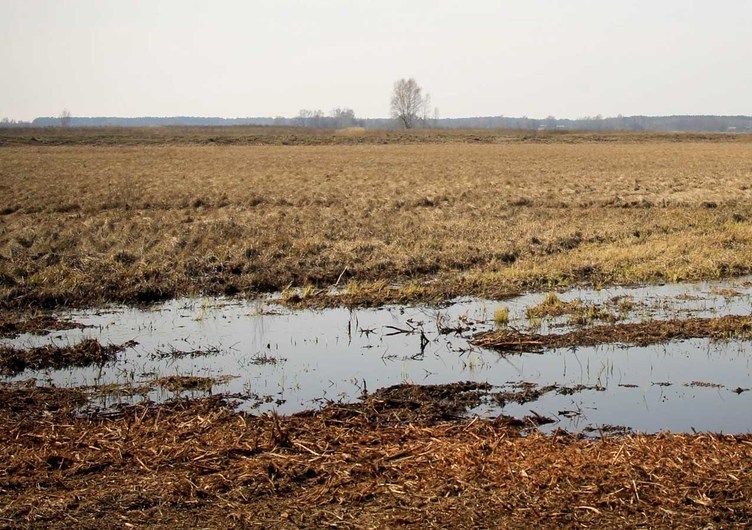A survey last week of migrants in reception facilities and border posts in Lithuania shows that many need treatment, medication, psychosocial support, as well as information in their native languages, according to a rapid assessment mission led by WHO/Europe.
“I am very concerned about the thousands of vulnerable people who are stranded in no-man’s land on Belarus’ borders with Poland, Latvia and Lithuania, at the mercy of the weather as winter fast approaches,” says WHO/Europe Regional Director, Dr Hans Henri P. Kluge on Friday (12 November).
As previously reported, Poland has closed off the region on its side of the border for EU officials, journalists and humanitarian organisations despite appeals from the European Commission to avail itself of its support.
A WHO/Europe spokesperson told The Brussels Times today that WHO/Europe’s mission exclusively focused on Lithuania. However, WHO/Europe is in contact with national and local authorities in Poland through its representation at IOM, UNHCR and IFRC and is ready to organize support on the ground if needed.
According to the spokesperson a vast majority of the migrants who had arrived in Lithuania have claimed asylum and these applications are being processed. However, WHO/Europe is not able to comment on the outcome of asylum processes as its mission focused on health needs and health service capacity.
Its team spoke to migrants in different reception facilities and border posts in Lithuania. Over 55% reported a specific health concern to the team and over 44% required mental and psychosocial support since their arrival.
“It is encouraging to see the determination of national authorities in Lithuania to deliver the best health services possible,” the spokesperson added. “Going forward, WHO and the national authorities will jointly implement a set of concrete actions to address the healthcare needs of the people affected.”
Related News
- European Commission calls for an end to impunity for crimes against journalists
- European Court decides interim measures to protect migrants at Belarus-EU border
- Poland-Belarus border: EU sidelined in escalating humanitarian conflict
For the time being, no humanitarian aid is provided to the migrants at the Belarusian side of the border with Poland where they have become victims in the stand-off between the EU and Belarus which “instrumentalised them for political purposes” and pushed them to the border.
“We are in touch with international aid organisations and stand ready to assist but the Commission itself cannot provide any assistance,” the Commission’s chief spokesperson commented at today’s press conference in Brussels.
The Commission has sent its Vice-President Margaritis Schinas to a number of countries of origin and of transit to ensure that they act to “prevent their own nationals from falling into the trap set by the Belarusian authorities”. After visiting the United Arab Emirates and Lebanon last week, he arrived today in Iraq. A number of airline companies have already suspended flights to Minsk. A first repatriation flight from Minsk to Bagdad is scheduled for Thursday.
The European foreign affairs council convened on Monday to discuss further sanctions against the Belarusian regime. The regime has threatened to escalate the conflict with the EU and cut the flow of natural gas from Russia to Europe via its territory. This turned out to be an empty threat as Russia has declared that it will fulfill all of its obligations in supplying European customers with gas.
The Council decided to extend its sanctions regime in view of the situation at the EU’s border with Belarus. A total of 166 individuals and 15 entities are now designated under the sanctions regime on Belarus.
These include Alexandr Lukashenko and his son and national security adviser as well as other key figures in the political leadership and the government, high-level members of the judicial system and several prominent economic actors involved in the transport of illegal migrants. Measures against designated persons include travel bans and an assets freeze.
“Today's decision reflects the determination by the European Union to stand up to the instrumentalisation of migrants for political purposes,” commented EU foreign policy chief Josep Borrell. “We are pushing back on this inhuman and illegal practice.”
Until the sanctions will "bite" on Minsk or the migrants will be repatriated to their home countries, the humanitarian situation at the border risks worsening. According to Swedish Minister of Foreign affairs, Ann Linde, the Council places the responsibility for the humanitarian crisis at the border on the Belarusian regime.
Update: The article has been updated to include the Foreign Affairs Council's decision to extend the sanctions against Belarus.
M. Apelblat
The Brussels Times

